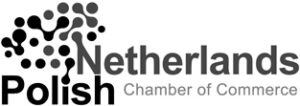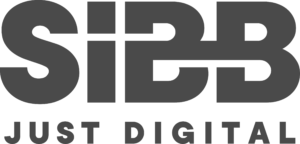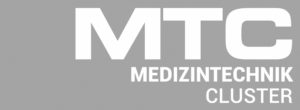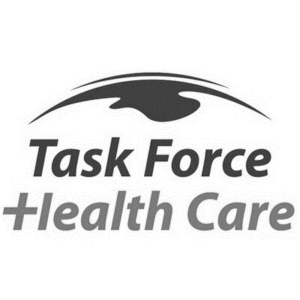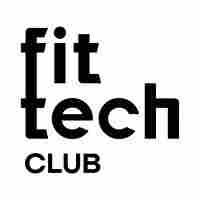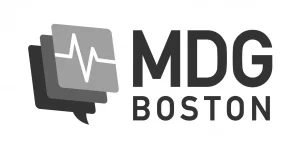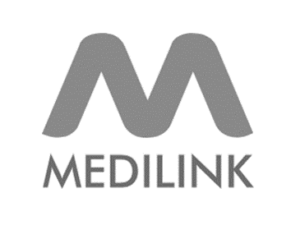The MedTech industry is poised for breakthroughs, owing to the rapid integration of digital ecosystems and technologies like AI and cloud.
2023 was a banner year for MedTech, especially in terms of technological innovations. Incidentally, it also witnessed the largest ever number of FDA approvals on novel medical devices in a single year. This list included a number of AI-enabled MedTech products, among others.
Nurturing tomorrow: Redefining patient experiences
As the market evolves, MedTech firms are pressed to keep up with the changes afoot for competitive edge and business growth. The early mover advantage will be a crucial factor here as the heat intensifies.
Three key areas are continuing to shape the industry:
⚕ IoMT for connected care
The Internet of Medical Things (IoMT) is a transformative technology that allows healthcare providers to deliver remote care using connected medical devices and software that transmits patient results online.
IoMT allows physicians and experts to analyse data in real-time to provide optimized patient care through informed decision-making and timely interventions. This is especially true in today’s scenario, where chronic diseases are straining already limited medical staff and resources.
⚕ AI, the better care ally
AI, and more recently GenAI, presents a plethora of opportunities in medical imaging and chronic disease management. Here, data is the key.
For instance, several medical players are integrating AI systems with medical devices such as colonoscopy equipment to scan every image taken during the procedure in milliseconds, flagging potential lesions. The AI system can sift through tremendous amounts of data to provide insight-driven care and significantly improve the chances of early detection of colorectal cancer. This is just one example of AI transforming healthcare by empowering MedTech advancements.
⚕ Digital platforms for accessible care delivery
Patient care has reached beyond the four walls of the hospital. Through continuous monitoring, virtual hospital wards and e-clinics powered by wearables, AI-powered cloud platforms, AR/VR, and connected devices are set to reduce in-patient visits.
Digitally equipped platforms like this can be used by hospitals, critical care centres, and rehabilitation centres to tackle a wide range of mental, physical, and occupational health challenges, including chronic pain, anxiety, fibromyalgia, and even dementia.
Conclusions
As the MedTech industry enters the next phase of digital evolution, it’s important to diversify the perspective – and think of accelerators like GenAI, cloud, and IoMT as tools for enhancing patient care and engagement. This will also aid providers and payers, who will now benefit from intelligent workflows, connected data streams, and preventive interventions, ultimately reducing costs and administrative burdens.
The digital transformation of MedTech will result in improved collaboration between stakeholders, paving the way for an interoperable and patient-centric ecosystem.
Here the full Article by the World Economic Forum:

